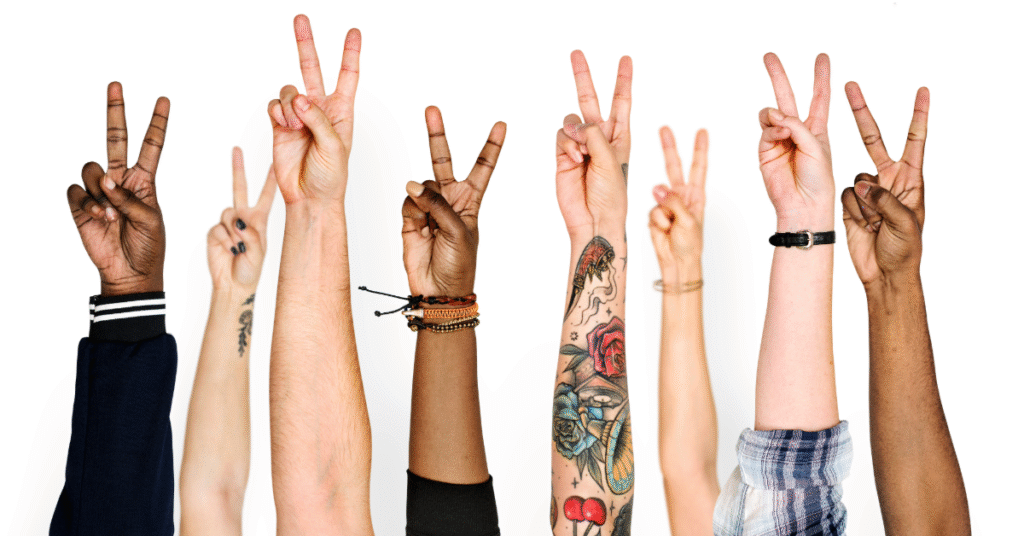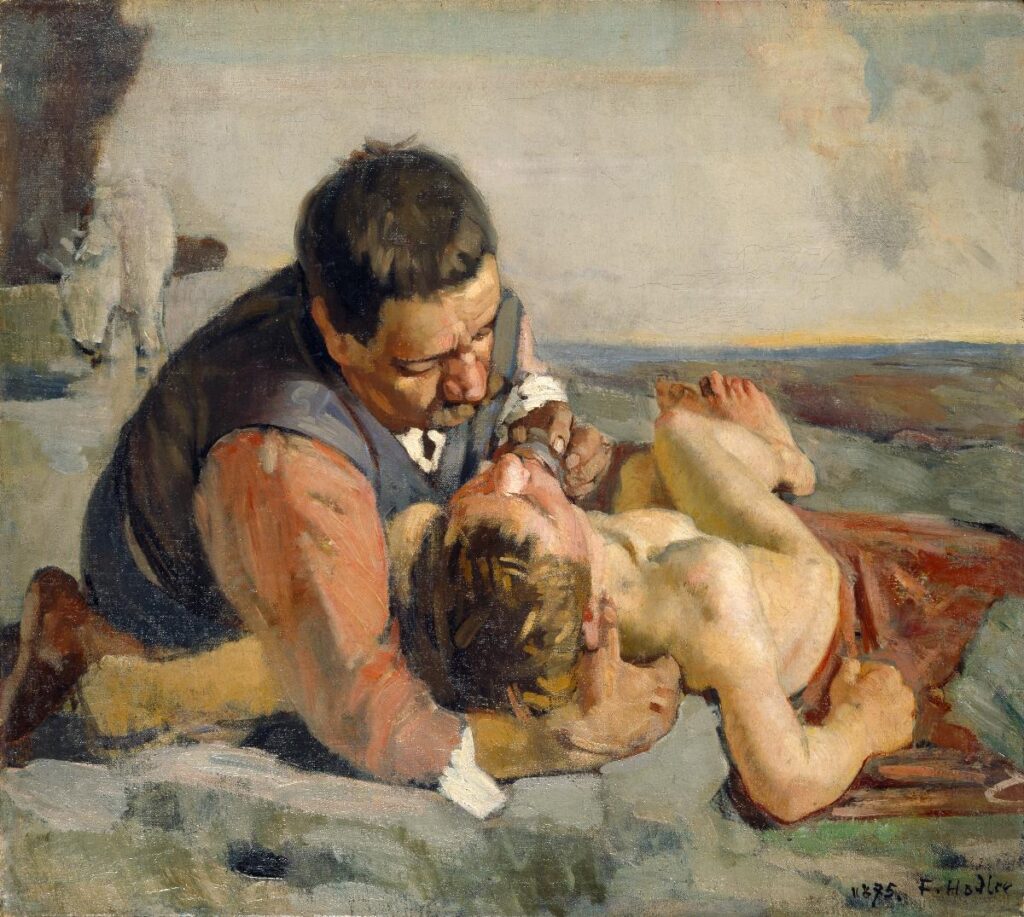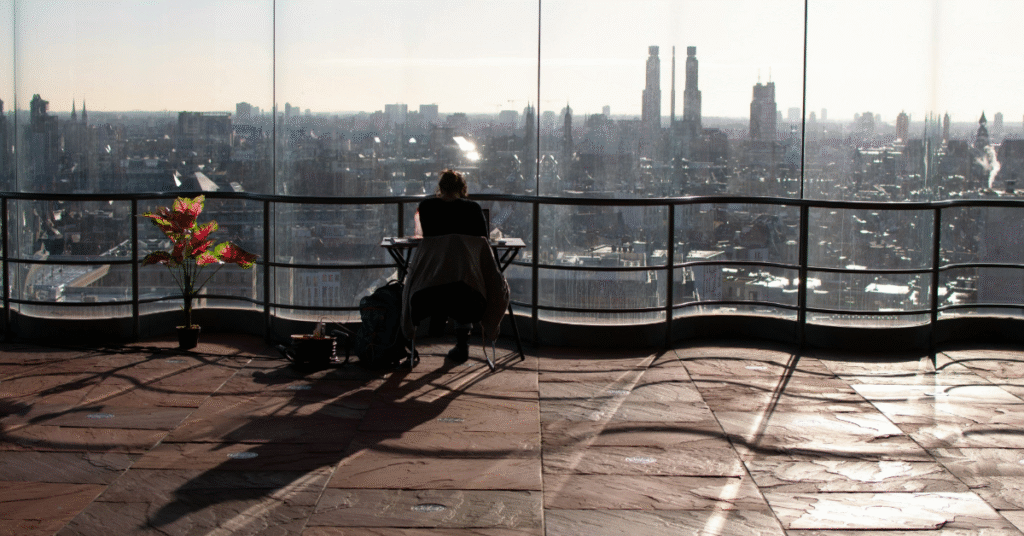Violence in modern Europe
Why is the history of modern Europe so violent? Why was violence appealing to modern people? Is it still? Will the grinding wheel of modernity once again produce total violence? Or does peace still have a chance?
Dialogue
In a dialogue, historian Maarten Van Alstein and poet Annemarie Estor explore these questions from essayistic and poetic perspectives.
Annemarie Estor reads from her new narrative poem Het overschot (The Surplus), in which a woman declares her love for an ambiguous figure who could be either a terrorist or a freedom fighter.
Maarten Van Alstein reflects on the uncomfortable paradoxes of European modernity: while scientific progress, freedom and human rights played a key role in the development of modern European societies, modern Europeans indulged in violence of an appalling magnitude during revolutions, colonial conquests and world wars.
Annemarie Estor
Annemarie Estor is a cultural scientist and poet. She has published eight collections of poetry with Wereldbibliotheek Amsterdam and Poëziecentrum Gent. Her poetry has won several awards. Estor is also a poetry teacher and freelance editor. She was text editor for the print magazine Streven for nine years.
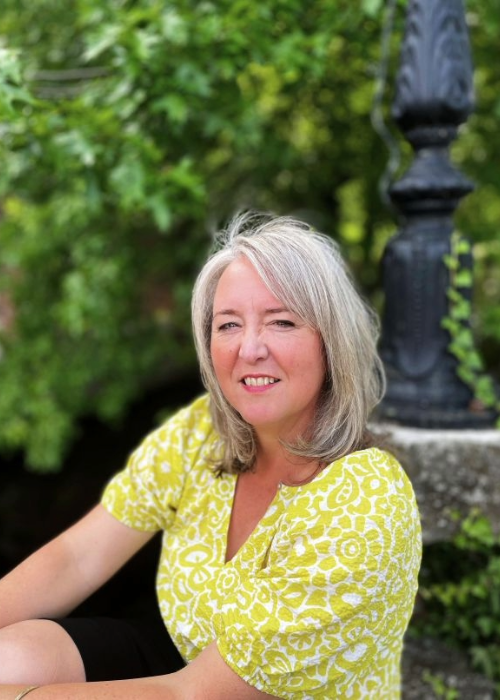
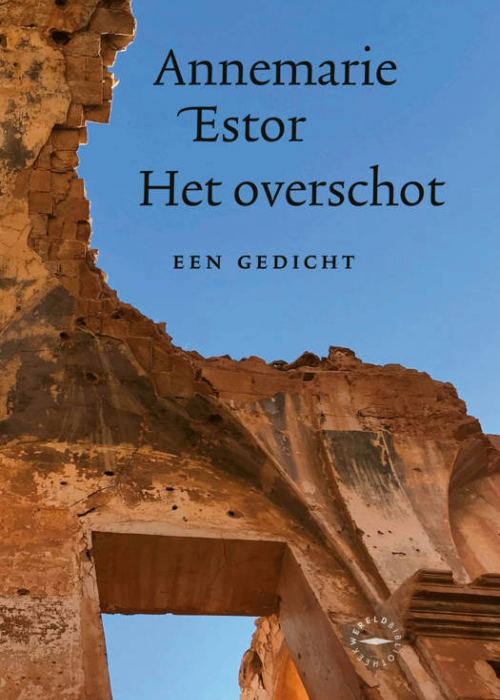
Maarten Van Alstein
Maarten Van Alstein (1978) is a historian and peace researcher. As an essayist, he writes about modernity, violence and memory. At the Flemish Peace Institute, he conducts research on conflict and peace. In 2024, his book Violence: A History of Modern Europe (Ertsberg) was published.
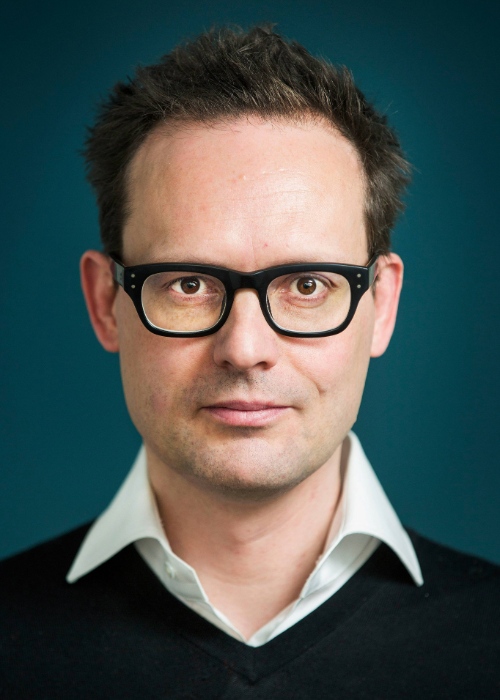
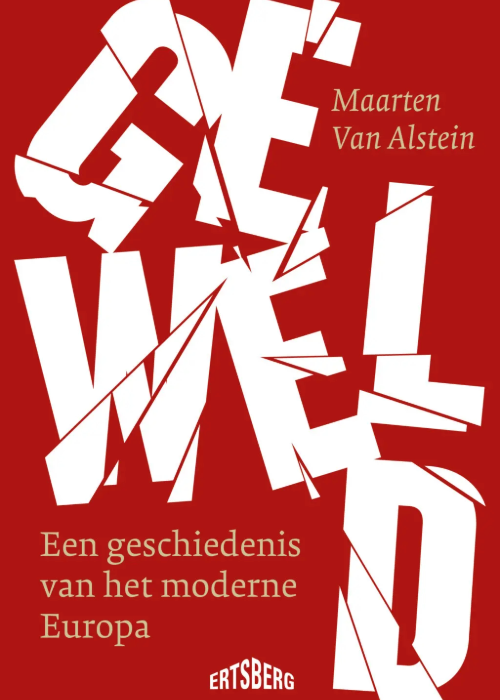
The schedule
-
19:30
Welcome
Erik De Bom, acting director of UCSIA -
19:40
Een Excess of Violence
Maarten Van Alstein, Flemish Peace Institute
Annemarie Estor, poet, lecturer and freelance editor -
20:30
Question & Answer -
21:00
The end
